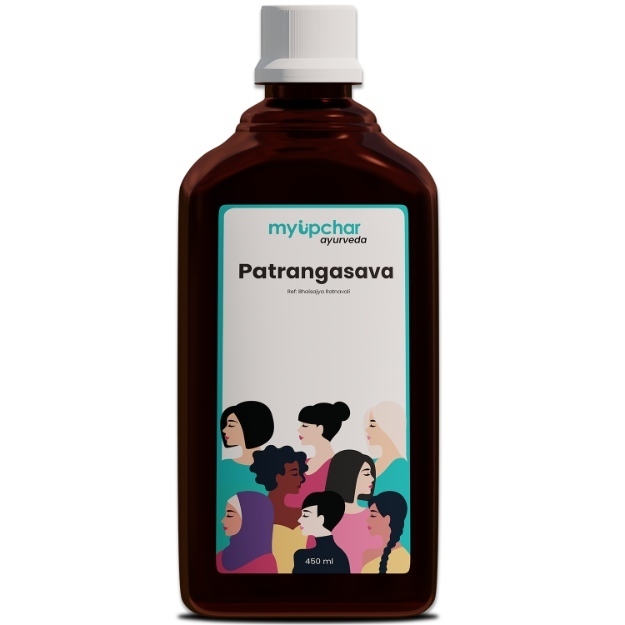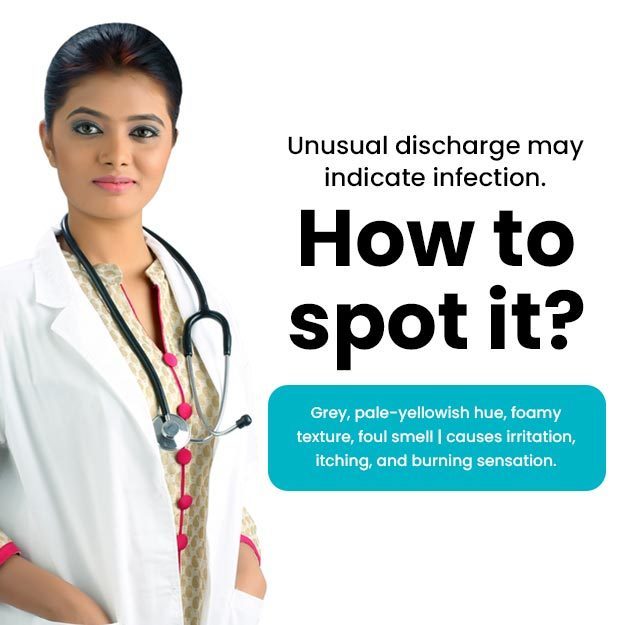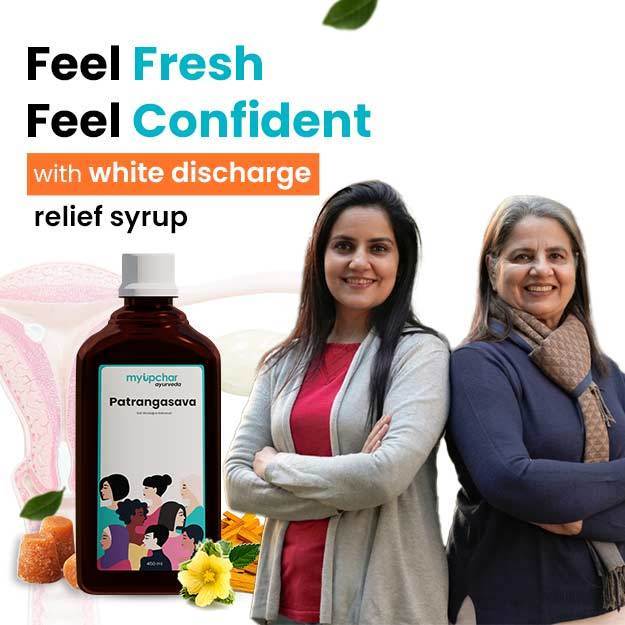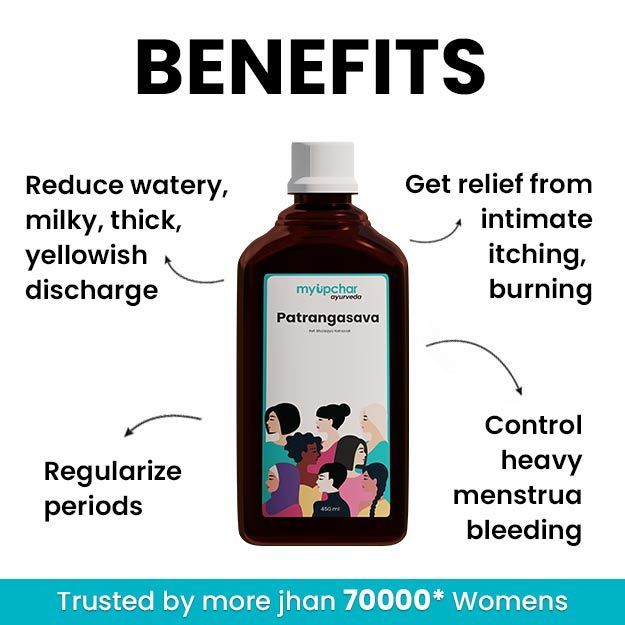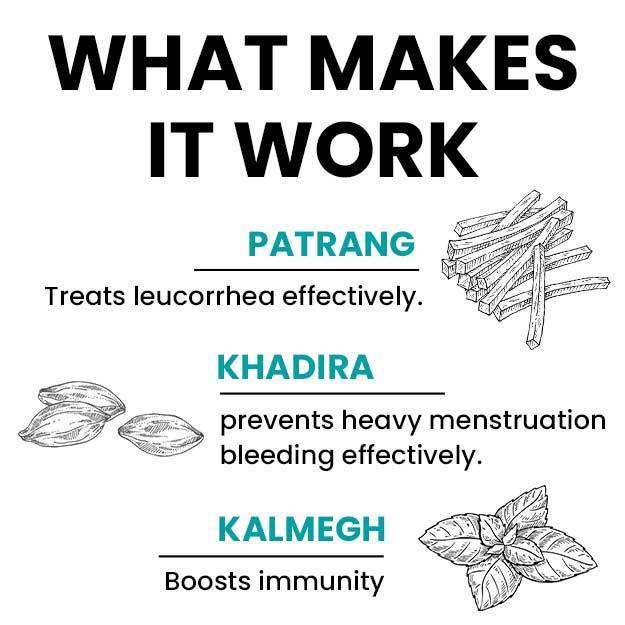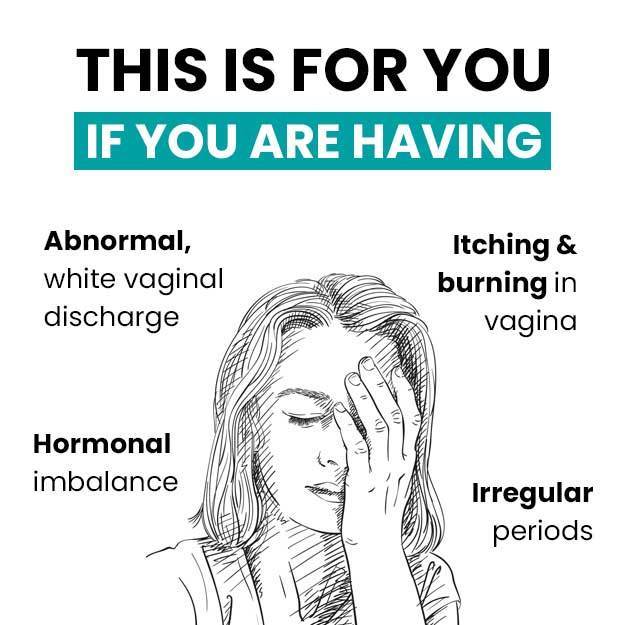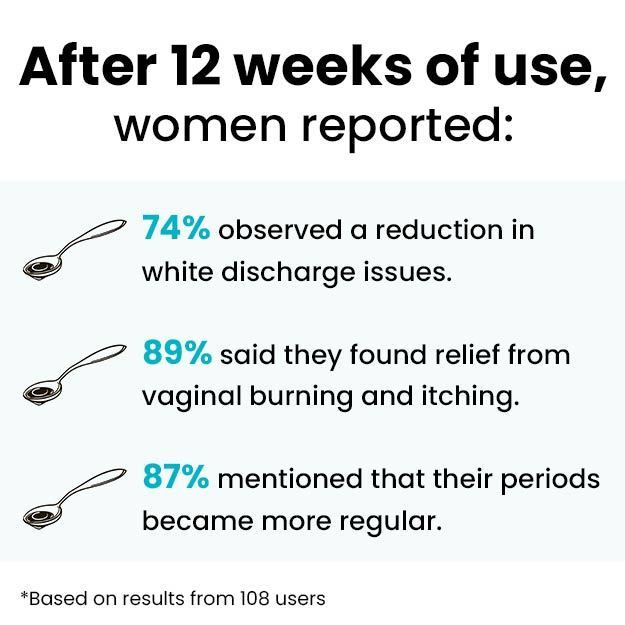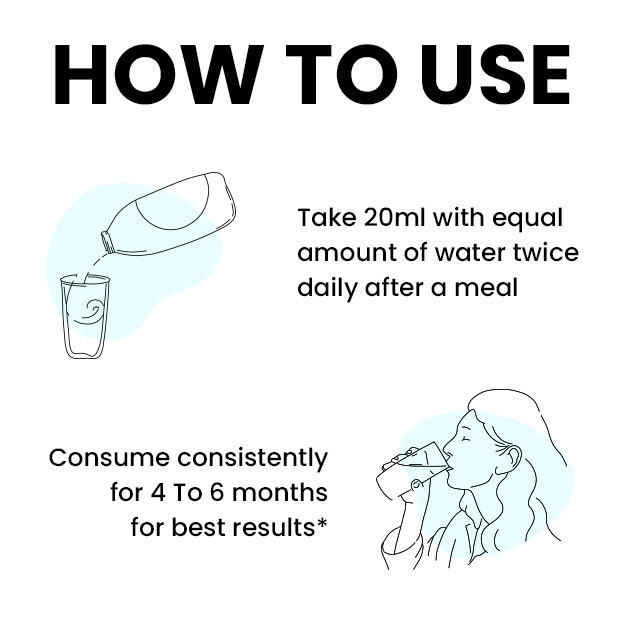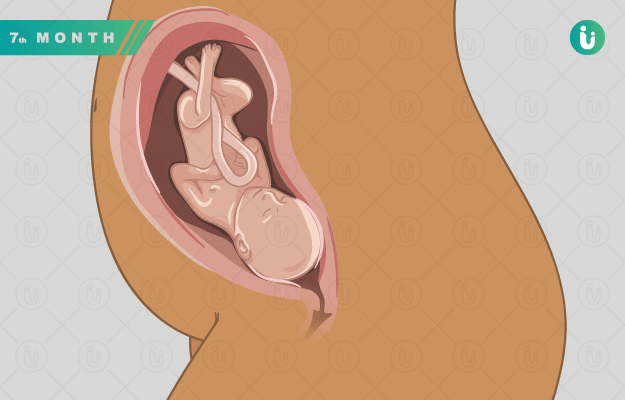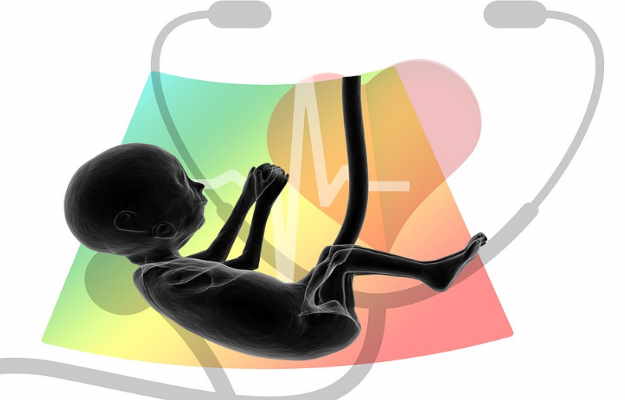It's a common moment of worry: after unprotected sex or a slip-up with your usual birth control, you reach for what's often called the "morning-after pill" or "emergency contraceptive pill." And right after taking it, a new question pops into your mind, often quickly followed by a feeling of unease: "When will my period actually show up?"
This is a perfectly normal concern. Your body's natural rhythm is incredibly precise, and suddenly introducing a strong dose of hormones can feel like hitting a reset button. This article is here to gently guide you through what to expect, explaining in simple terms why your period might behave differently and how your body works to get back on track.
- What Are Unwanted Pills?
- The Immediate Aftermath
- When Will My Actual Period Arrive?
- What Your First Period After an ECP Might Be Like
- When to Take a Pregnancy Test
- Study Around Menstrual Bleeding Patterns After ECP
- Important Considerations and Advice for the Future
- Understanding the Risks and Health Concerns of Unwanted Pills
- When to Reach Out for Medical Help
- Takeaway
What Are Unwanted Pills?
When we talk about "unwanted pills" in this situation, we're almost always referring to Emergency Contraceptive Pills (ECPs). These are your "morning-after pills." It’s really important to understand that these pills are designed to prevent a pregnancy from starting after unprotected sex. They are not the same as abortion pills, which are used to end a pregnancy that has already begun. ECPs are all about prevention.
(Read More: Beyond the Basics: Your Definitive Guide to the Copper T)
There are a couple of main types you might come across:
Levonorgestrel-based Pills (Like i-pill, Unwanted-72)
Think of these as a concentrated burst of a hormone called levonorgestrel. It’s the same kind of hormone found in many regular birth control pills, but in a much higher dose for quick action.
How they work: Their main job is to put a temporary pause on your body's ovulation. Imagine your ovary is preparing to release an egg, like a train getting ready to leave the station. Levonorgestrel essentially signals the station manager to delay that train. If no egg is released, there's nothing for sperm to fertilize, and pregnancy is prevented. These pills work best when taken as soon as possible, ideally within three days (72 hours) of unprotected sex, though they can have some effect up to five days.
Ulipristal Acetate (Like EllaOne)
This is a newer type of emergency pill.
How it works: It also works primarily by delaying or stopping ovulation. The clever thing about Ulipristal Acetate is that it can delay ovulation even if your body has already started the process (when the "go signal" for the egg's release has already been sent). This gives it a slightly longer window of effectiveness, up to five days (120 hours) after unprotected sex.
While these pills mainly act on ovulation, they might also make the fluid in your cervix thicker (making it harder for sperm to swim through) or change your uterine lining a tiny bit. But their biggest role is preventing the egg from being released in the first place.
(Read More: Oligomenorrhea: causes, symptoms, prevention, treatment)
The Immediate Aftermath
After taking an ECP, it's very common for your body to send you a few signals as it reacts to the sudden surge of hormones. These are usually mild and temporary, so try not to worry too much.
Common Side Effects You Might Feel
- Nausea (feeling sick to your stomach): This is quite common, especially with levonorgestrel pills. Sometimes taking the pill with a snack can help settle your stomach. If you happen to throw up within two to three hours of taking the pill, it's really important to call your doctor or clinic. The pill might not have had enough time to get into your system, and you might need another dose or different advice.
- Headaches: A mild ache in your head is a frequent visitor.
- Sore Breasts: Your breasts might feel tender or a bit sensitive to touch.
- Dizziness or Tiredness: You might feel a little lightheaded or just generally more tired than usual.
- Mild Belly Cramps: Some gentle cramping in your lower belly, similar to period pains, can also occur.
These feelings usually fade within a day or two as your body processes the medication.
Spotting or Light Bleeding
- When it might happen: Many people notice some light bleeding or spotting a few days after taking the pill, long before their next period is due.
- What it looks like: This isn't usually heavy bleeding; it's more like light pink, brown, or dark red spots.
- Why it happens: This spotting is simply your body's reaction to the sudden jolt of hormones. It can cause the lining of your womb to shed a little bit prematurely.
- A Key Point: This spotting is not your actual period, and it doesn't tell you whether the pill worked or not. It's just a common side effect of hormones. So, don't rely on it as a sign of success.
(Read More: When To Have Sex After Tubectomy?)
When Will My Actual Period Arrive?
This is the question that weighs on most minds. The short answer is that your next period will most likely show up around its usual time, or possibly within about a week earlier or later than you expected.
However, it's very common for the emergency pill to shift things around a bit. Let's look at the different ways your period might behave:
- Period Arrives Around Its Usual Time: This can happen if you took the ECP very close to or after you had already ovulated. In such cases, the pill might not have been able to stop ovulation, or its impact on your cycle timing might be minimal because your body was already well into its rhythm.
- Period Arrives Earlier Than Expected: Imagine your body's hormone levels are usually on a steady path. Taking the emergency pill is like throwing a big, sudden wave into that calm water. The high dose of hormones, especially levonorgestrel, can cause a quick buildup in your system, followed by a sharp drop as the medicine wears off. This sudden "hormone withdrawal" can sometimes trick your womb lining into shedding early, bringing on your period a few days sooner than you thought. It's a bit like an early "reset button" for your cycle.
- Period Is Delayed: This is the most typical way ECPs affect your cycle, especially if you took the pill before your body was ready to ovulate. As we discussed, the main job of these pills is to delay or stop ovulation. If the egg release is put on hold, then everything else that follows in your cycle – the time your body prepares for a potential pregnancy, and then sheds its lining – also gets pushed back.How long might it be delayed? Your period could be delayed by a few days, or sometimes up to a full week. If you took Ulipristal Acetate (EllaOne), it’s not uncommon for the delay to be a bit longer, sometimes even 7 to 10 days past your expected date. This longer delay simply reflects the pill's action on delaying ovulation.
(Read More: Best time for sex after a period)
Why Does It Vary So Much From Person to Person?
Your menstrual cycle is like a finely tuned orchestra, with hormones acting as the conductors. Introducing an ECP is like having a guest conductor step in briefly. How much it impacts the timing depends on several things:
-
Exactly When You Took the Pill in Your Cycle: This is the single biggest factor. If you took the ECP early in the first half of your cycle, it's most likely to successfully delay ovulation. This delay will then push back your period. If you took it when your body was just about to ovulate, pills like Ulipristal Acetate are quite good at still putting the brakes on that release. This will also delay your period. If you took the ECP after you had already ovulated, the pill won't prevent pregnancy. In this case, it usually has little to no effect on your period's timing, and your period would likely come as expected.
- Which Type of Pill You Took: As mentioned, Levonorgestrel tends to cause periods to be on time or a bit early, while Ulipristal Acetate is more linked to delays.
- Your Unique Body Chemistry: We're all different! How quickly your body processes the hormones from the pill, and how sensitive your own hormonal system is, can vary. Some bodies just bounce back faster than others.
- How Regular Your Cycles Usually Are: If your periods are normally like clockwork, you might notice any shift caused by the ECP more clearly. If your cycles are usually a bit unpredictable, it might be harder to pinpoint the exact effect, and they might remain a bit irregular for a while.
- Stress and Your Overall Health: Stress, whether it's from the situation that led to taking the ECP, or other life pressures, can sometimes throw your cycle off balance independently. Hormones are very sensitive to stress. Your overall health, how you're eating, and your sleep habits can also play a subtle role.
- Body Mass Index (BMI): Some studies suggest that ECPs, particularly levonorgestrel-based ones, might be less effective or cause more cycle disturbances in individuals with a higher BMI, though this area of research is ongoing.
(Read More: When does ovulation start after a period?)
The Hormonal Explanation of Timing Shifts:
The menstrual cycle is orchestrated by a delicate balance of hormones, primarily Follicle-Stimulating Hormone (FSH), Luteinizing Hormone (LH), estrogen, and progesterone, all regulated by signals from your brain.
- How ECPs Work on Hormones: ECPs deliver a high dose of hormones that essentially "override" or interfere with this natural hormonal rhythm. By directly influencing the levels of estrogen and progesterone, or by directly acting on the pituitary gland, ECPs can suppress or delay the LH surge. The LH surge is the critical signal that triggers ovulation.
- Delayed Period: If ovulation is delayed, the entire subsequent phase of your cycle (the luteal phase, where the uterine lining prepares for pregnancy) is also delayed. Since your period (menstruation) occurs approximately 10-16 days after ovulation (if no pregnancy occurs), a delayed ovulation directly results in a delayed period.
- Early Period: In cases where an ECP causes an early period, it's often due to a "withdrawal bleed." The sudden high dose of progestin (levonorgestrel) causes the uterine lining to build up briefly, and then when the hormone level drops (as the pill's effects wear off), the lining sheds, mimicking an early period.
(Read More: Understanding Vaginal Pain: Causes, Symptoms, and Relief)
What Your First Period After an ECP Might Be Like
When your period does finally make its appearance after you've taken the emergency pill, it might not be exactly like the periods you're used to. Please don't be alarmed by this; it's a completely normal part of your body finding its rhythm again.
You might notice some changes, such as:
- Different Flow: Your period could be heavier than usual, almost as if your womb lining had more to shed because of the hormonal changes. Or, it might be surprisingly lighter than your typical period.
- Changed Duration: It might last for more days or fewer days than you’re used to.
- Altered Cramping: The cramps might feel stronger, or perhaps even milder than your usual period pain.
- Different Appearance: The color of the blood might seem a bit different, or you might notice more tiny clots.
- More Spotting: You might experience more light spotting before the main flow begins, or it might linger for a few days after your period has seemingly ended.
These variations are almost always temporary. Think of it as your body doing a little dance to get back into sync. Usually, over the next one or two menstrual cycles after this first one, your periods should gradually settle back into their regular pattern, both in terms of timing and characteristics.
(Read More: Navigating Vaginal Whitening: A Guide to Choices)
When to Take a Pregnancy Test
Even with all the information about how ECPs work and what to expect with your period, there's one golden rule: you must take a pregnancy test if your period is significantly late.
Why is this so crucial? Because no emergency contraceptive pill is 100% effective. While they are very good at preventing pregnancy, there's always a small chance that it didn't work.
-
When to take the test: If your period is more than a week late from the date you normally expect it. And if your period hasn't arrived three weeks after you took the emergency contraceptive pill, regardless of any spotting you may have experienced.
- Why it matters: Taking a test will give you a clear answer. If it's negative, you can breathe a sigh of relief. If it's positive, you'll know that the ECP was unsuccessful, and you can then talk to a doctor or clinic to understand your options moving forward. Early testing is always better for peace of mind and to ensure you have time to consider all your choices.
(Read More: How many days after your period can you get pregnant?)
Study Around Menstrual Bleeding Patterns After ECP
This article, titled "Menstrual bleeding patterns following levonorgestrel emergency contraception," aimed to identify and characterize changes in menstrual patterns among women who used levonorgestrel emergency contraception (EC). Researchers conducted a prospective study, enrolling women from hospitals, family planning units, and pharmacies in Yaoundé, Cameroon, all of whom reported a history of regular menstrual cycles.
Key findings of the study showed statistically significant changes in menstrual cycle length, the duration of menstrual periods, and the appearance of menstrual bleeding when compared to baseline data. These observed changes differed based on when the EC was administered in relation to the woman's expected ovulation. However, a significant discovery was that the majority of these alterations were temporary, resolving completely in the subsequent menstrual cycle.
For data collection, participants provided information on their menstrual cycle characteristics at the time of enrollment. They also completed specific bleeding questionnaires during two follow-up contacts, which occurred after each of their next two menstrual periods, to record details about intermenstrual bleeding or changes in menstrual flow.
The results clearly indicated that the use of levonorgestrel EC is associated with noticeable, yet transient, changes in menstrual patterns for a considerable proportion of users. The study's analysis relied on robust statistical methods, including paired tests (specifically chi-squared or Student tests) and mixed-effects regression models, to ensure the accuracy and reliability of the findings.
The implications of this study are significant for healthcare providers, offering valuable data that can be used to counsel patients. Providers can now better inform patients about potential experiences such as intermenstrual bleeding, variations in cycle length, and changes in menstrual period characteristics following EC use. This information serves to reassure both patients and medical professionals that any experienced changes are temporary and typically resolve within the very next menstrual cycle, alleviating potential anxieties.
In conclusion, the study firmly established that while levonorgestrel emergency contraception can lead to short-term changes in menstrual cycle characteristics, these changes are not permanent; they are temporary and resolve spontaneously in the menstrual cycle immediately following the one in which the EC was taken.
(Read The Study Here: https://pmc.ncbi.nlm.nih.gov/articles/PMC1934349/)
Important Considerations and Advice for the Future
While ECPs are incredibly valuable in an emergency, it's important to keep some broader points in mind about their role in your overall health and preventing future anxieties.
- ECPs are for Emergencies Only: Think of the morning-after pill like a fire extinguisher. You have it for a crisis, but you wouldn't use it to put out a small candle every day. ECPs contain a very high dose of hormones that can disrupt your cycle, and they are significantly less effective at preventing pregnancy over time compared to regular, ongoing birth control methods (like daily pills, patches, rings, injections, implants, or IUDs). Relying on ECPs frequently is not a good strategy for consistent pregnancy prevention.
- No Protection for Future Sex: This is a big one. An ECP only works to prevent pregnancy from the specific act of unprotected sex you just had. It offers no protection whatsoever for any future acts of intercourse. If you have unprotected sex again after taking the ECP, you're immediately at risk of pregnancy again.
- No STI Protection: This is equally important. Emergency contraceptive pills, or any hormonal birth control for that matter, offer absolutely no protection against sexually transmitted infections (STIs). If you're concerned about STIs, please get tested, and consider using barrier methods like condoms consistently for future protection.
- Talk to Your Doctor About Regular Contraception: After using an ECP, it’s an excellent opportunity to have an open conversation with your doctor or a healthcare professional about setting up a reliable, regular, and effective method of contraception. They can help you explore options that fit your lifestyle and health needs, giving you peace of mind and preventing future emergency situations. This proactive step is truly empowering.
(Read More: Pubic Hair Removal: Safety Tips and Best Practices You Need)
Understanding the Risks and Health Concerns of Unwanted Pills
It's natural to wonder if taking a strong hormonal medication like an emergency contraceptive pill carries any serious risks or might lead to long-term health problems. The good news is that ECPs are generally considered very safe for most people.
Here’s what you should know:
- Overall Safety Profile: Extensive research and years of use have shown that emergency contraceptive pills do not pose major health risks for the vast majority of individuals. They are approved by health authorities worldwide precisely because their benefits (preventing unintended pregnancies) far outweigh their minimal risks.
- No Link to Long-Term Health Issues: There is no scientific evidence to suggest that taking ECPs causes long-term health problems. This means they are not linked to issues like:
- Infertility in the future.
- An increased risk of cancer (including breast cancer or cervical cancer).
- Any lasting damage to your reproductive organs or other major body systems.
- The Main "Risks" are About Effectiveness and Temporary Side Effects: The most common "risks" associated with ECPs are actually just the temporary side effects we discussed (like nausea, headache, or cycle disruption) and, importantly, the risk that the pill might simply not work to prevent pregnancy. This is why following up with a pregnancy test is so vital.
- Not an Abortion Pill – No Risks Associated with Abortion: It’s worth repeating that ECPs are not abortion pills. Therefore, any health risks or complications associated with abortion procedures or medical abortions simply do not apply to taking an emergency contraceptive pill.
- No Protection Against STIs: This is a significant "risk" from a broader sexual health perspective. ECPs do not protect you from sexually transmitted infections (STIs). If you've had unprotected sex and are concerned about STIs, it's crucial to get tested. Untreated STIs can lead to serious long-term health problems if not addressed.
- Rare, Serious Complications: As with almost any medication, very rare instances of severe allergic reactions are possible, but these are extremely uncommon. If you have a known allergy to any components of the pill, your doctor will advise you. If you have certain very rare, severe medical conditions (like uncontrolled severe asthma for Ulipristal Acetate, or certain severe liver diseases), your doctor might discuss specific considerations, but for most healthy individuals, ECPs are well-tolerated.
While ECPs can temporarily make you feel a bit off and might shift your period around, they are a safe and effective emergency option without serious ongoing health concerns for the vast majority of users.
(Read More: Safe days of a woman after periods)
When to Reach Out for Medical Help
While most experiences after taking an ECP are completely normal and resolve on their own, there are specific signs that mean you should definitely contact a healthcare professional right away. Your health and safety are always the top priority.
- If your period is more than a week late AND your home pregnancy test is positive. This means the ECP didn't work.
- If your period still hasn't arrived by three weeks (21 days) after you took the ECP, even if your pregnancy test was negative. It's good to get checked out to understand why it's so delayed.
- If you experience very severe abdominal pain. While some cramping is normal, intense, unbearable pain needs medical attention.
- If you have very, very heavy or prolonged bleeding. This means soaking through more than two large pads in an hour for several hours, or bleeding that lasts much longer and is heavier than your typical period.
- If you develop a fever (temperature of 100.4°F or 38°C or higher) or notice any unusual, foul-smelling vaginal discharge. These could be signs of an infection, though they are very rare after ECPs.
- If you vomited within two to three hours of taking the ECP. As mentioned, the pill might not have been fully absorbed, and you might need further guidance.
- If you continue to have pregnancy symptoms (like persistent nausea, very sore breasts, extreme tiredness) for weeks after taking the ECP. This could indicate the ECP was unsuccessful.
(Read More: Best Time To Get Pregnant)
Takeaway
Understanding the impact of the "morning-after pill" on your body and your menstrual cycle is key to managing your health and reducing anxiety. While these pills are a vital emergency tool, they can temporarily alter the timing and characteristics of your next period. For many, the period will arrive around the expected time or slightly earlier or later. You might also experience some initial spotting. Remember that ECPs are generally very safe and do not pose long-term health risks, but they are not 100% effective. So, if your period is significantly delayed, or if you have any concerns, always take a pregnancy test and consult with a healthcare professional. They can provide personalized advice, address any worries, and guide you towards suitable long-term contraception to help you maintain control over your reproductive health.
Find Obstetrician and Gynaecologist in cities
- Obstetrician and Gynaecologist in Bangalore
- Obstetrician and Gynaecologist in Mumbai
- Obstetrician and Gynaecologist in Ghaziabad
- Obstetrician and Gynaecologist in Chennai
- Obstetrician and Gynaecologist in Pune
- Obstetrician and Gynaecologist in Delhi
- Obstetrician and Gynaecologist in Hyderabad
- Obstetrician and Gynaecologist in New Delhi
- Obstetrician and Gynaecologist in Gwalior
- Obstetrician and Gynaecologist in Gurgaon
Doctors for Understanding the Reset: Your Menstrual Cycle After Emergency Contraception
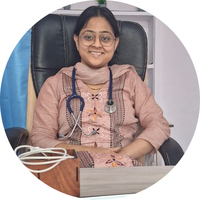
Dr. Ayushi Gandhi
Obstetrics & Gynaecology
4 Years of Experience

Dr. Anjali
Obstetrics & Gynaecology
23 Years of Experience

Dr.Anuja Ojha
Obstetrics & Gynaecology
20 Years of Experience


























